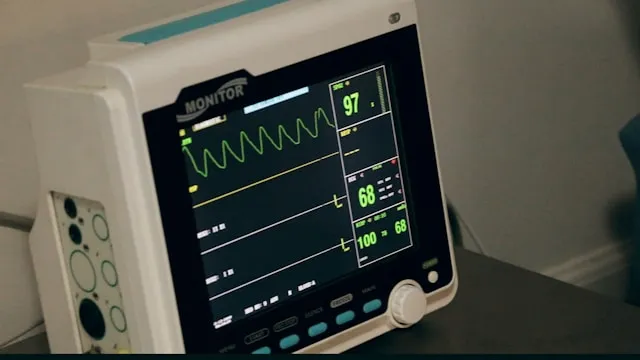How can you lead a healthier, longer life? Your risk of heart attack and stroke can be decreased by targeting these eight essential factors. They are a component of an adult's overall healthy lifestyle. If you face any heart discomfort, visit the top cardiology hospital in Hyderabad. Additionally, they can work with your medical team to develop a solid preventative strategy.Many things can be done to reduce your risk of developing heart disease. Your action will enhance your health and may even save your life. Heart specialists typically discuss one of three types of prevention: secondary, primary, or primordial. All three have comparable components, although their initiation times and effects vary.
Tips to Prevent Heart Disease
List of tips to prevent heart disease are mentioned below:- Know Your Risk.
- Not Smoking
- Eat Healthily
- Be Physically Active
- Improving Sleep Health
- Maintain a Healthy Weight
- Keep Stress Under Control
- Take Your Medicine and Daily Heart Checkups
Reviewed by







